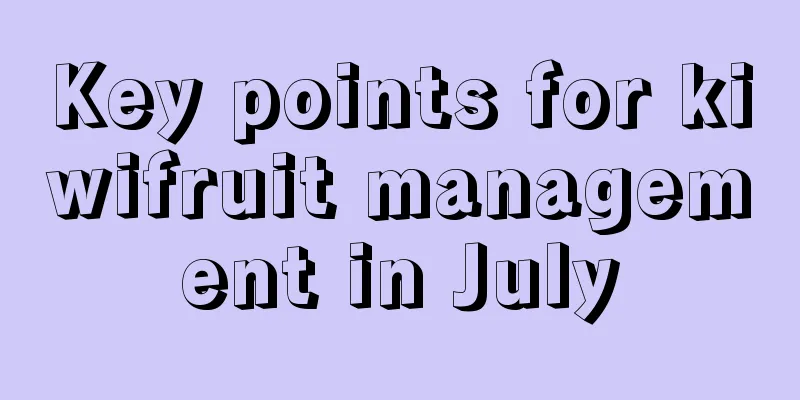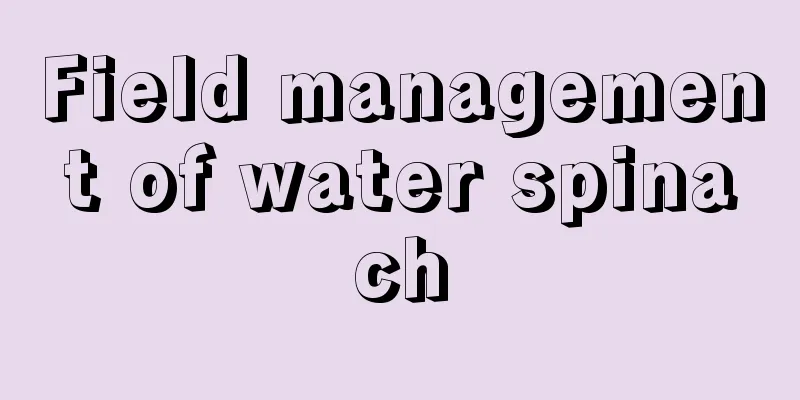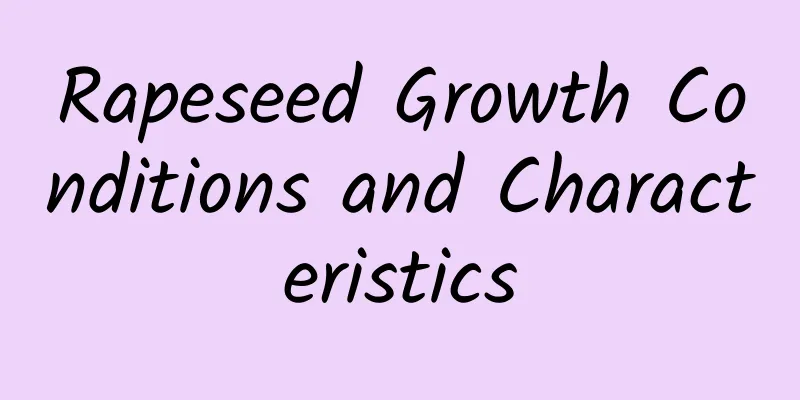Key points for kiwifruit management in July

|
July is a critical period for fruit tree management, especially for crops such as kiwifruit . The climate at this time is characterized by high temperature and high humidity, which can easily cause pests and diseases and sunburn, so attention should be paid to flood control and drainage. The phenological period has arrived at the late summer shoot growth period, when the fruits are rapidly expanding. Let’s learn about kiwifruit management measures in July. 1. Leaf observation Leaves are the "barometer" of fruit tree health, and different diseases will manifest themselves on the leaves. For example, root rot causes leaves to wilt, new leaves turn yellow due to iron deficiency, bacterial infection causes lesions, and excessive fertilization and medication may cause leaf curling and burning. 2. Prevent sunburn High temperatures can easily cause sunburn in fruits, and timely bagging can effectively prevent it. The bagging time for different varieties of kiwifruit varies. Pay attention to protecting the southwest direction and upper fruits. 3. Fertilizer and water management July is the critical period for the accumulation of dry matter in kiwifruit, and fertilizer and water management need to be strengthened. According to the differences in the maturity period of kiwifruit, timely supplement of low-nitrogen and high-phosphorus and potassium fertilizers should be applied to promote dry matter accumulation. Increase the frequency or amount of irrigation during droughts, and clear drainage in a timely manner after heavy rainfall to prevent water accumulation. 4. Summer shelf management Comb and trim the tips in time to remove dense, crossed, damaged or diseased and insect-infested tips, and reduce the curled and entangled parts at the front end of the new tips. Thin out or prune overgrown branches to inhibit growth, and pay attention to the number of buds left. 5. Pest and disease control The key points of prevention and control include gray mold, brown spot disease, stink bugs, red spiders, etc. Choose appropriate pesticides and use them strictly according to the instructions to avoid pesticide harm. 6. Notes Avoid heavy irrigation during high temperatures to prevent moisture waste and soil compaction. Avoid mechanical operations that may damage the ground surface structure and injure the capillary roots of fruit trees. It is not advisable to do a lot of pruning during the hot season to prevent the tree from weakening. It is recommended to do it after the high temperature ends. Avoid leaving the orchard ground bare in summer, plant green manure or use weeds between rows to lower the surface temperature. To sum up, these are the key points and precautions for managing kiwifruit in July, which can effectively ensure the healthy growth of fruit trees, improve fruit quality, and lay a solid foundation for a bumper harvest in autumn.
|
<<: How to fertilize lavender and what fertilizer to use
>>: How to fertilize Kalanchoe, what fertilizer is best
Recommend
How to propagate six times profit
1. Cutting It is a technical job to take cuttings...
Why do the leaves of potted flowers turn yellow easily?
The 13 reasons and remedies for yellow leaves of ...
The flower language and value of red banana
The Flower Language of Red Banana The red banana ...
What kind of vegetables are suitable for growing in glass greenhouses (What kind of vegetables are suitable for growing in greenhouses)
Glass greenhouse vegetable planting The glass gre...
You can only put this kind of flowers in the bedroom. Take away other flowers immediately to avoid competing with you for oxygen!
Put a pot of Christmas cactus! The leaves of Chri...
Can Malan be potted?
Can Malan be potted? Amaranth can be grown in pot...
Causes and treatments of yellow leaves of creeper
1. Unsuitable soil 1. Reason: If the planting soi...
How to care for asparagus fern bonsai and what to pay attention to
Feng Shui meaning of asparagus fern bonsai Aspara...
Does hyacinth like the sun or the shade?
Does hyacinth prefer shade or sun? Hyacinth has a...
Time and method of cutting hydrangea
Hydrangea cutting time It is suitable to carry ou...
How to propagate Magnolia grandiflora
Seed propagation of Magnolia grandiflora Magnolia...
How to Make Garlic Vine Bloom for Christmas
1. Selection of potting soil Generally, garlic vi...
How to grow Northeast lily
1. Maintenance conditions 1. Soil: It grows bette...
How to Make Redbud Bloom for Christmas
1. Water control When winter just begins, the amo...
How to grow watermelon on the balcony
Preparation Select pot and prepare soil Prepare a...









